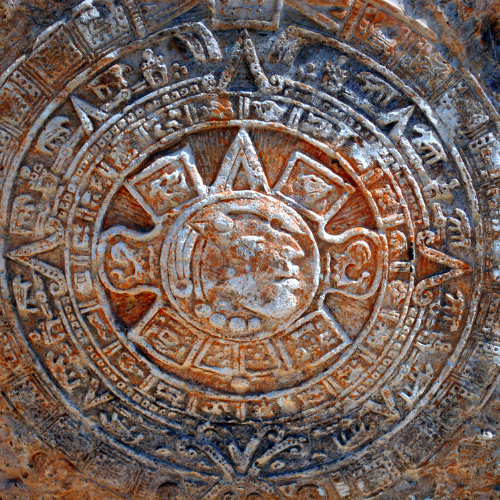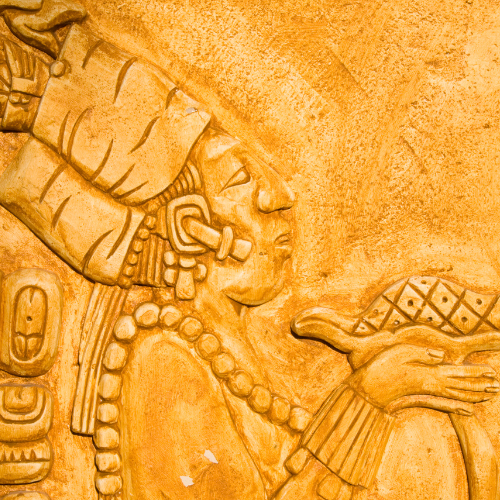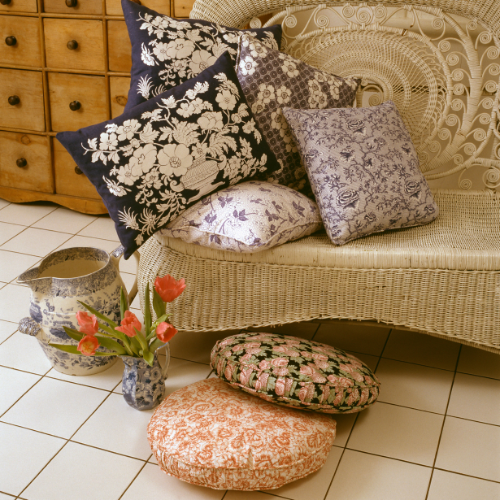Ceremonial grade cacao goes beyond being a simple beverage ingredient; it’s a sacred plant medicine with deep cultural and ceremonial significance.

Also known as “food of the gods,” ceremonial grade cacao is traditionally used in ceremonies and rituals by indigenous cultures in Central and South America.
Ethics
We at Cacao Conscious are passionate about making sure when people purchase Cacao they consider, not only the Fair Trade Practices, Certification to ensure that it is traceable and farmed in an ethical manner, that it is environmentally sustainable, but also HOW it is used for Ceremonies.
Culture
Rooted in the deep traditions of Mesoamerican civilisations, particularly the Mayan and Aztec cultures and has been gaining popularity in recent times as a way to connect with oneself, others, and the earth.

With the arrival of the Spanish conquistadors in the 16th century, cacao was introduced to Europe, where it was transformed into the sweetened chocolate that we know today, during this time some of the spiritual and ceremonial aspects of cacao consumption were lost during this cultural exchange.
Cocao is still used in Mayan Ceremonies, but it is not the central focus. Psychedelics, Ayahuasca (boiling torn leaves of the Psychotria viridis shrub and stalks of the Banisteriopsis caapi vine in water) or Peyote (a small cactus. Parts of the cactus crown may be chewed or soaked in water) used in ceremonies.
Modern Cacao Ceremonies
In recent years, there has been a resurgence of interest in traditional cacao rituals, and Cacao Ceremonies have gained popularity in various parts of the world.
Modern Cacao Ceremonies typically combine elements of ancient Mayan and Aztec rituals with contemporary practices such as meditation, breath work, yoga, dance, and group sharing.
Should Cacao Ceremony Facilitators have had to visit these countries? – No, too much ‘tourism’ in natural indigenous areas can cause damage to their environment.
Similarly, there have been bogus ‘shaman’ and Facilitators taking large amounts of money claiming to give a ‘traditional’ cacao ceremonial experience, so even when visiting there are not always genuine natives holding the Ceremony.
Cultural Appropriation
Cultural appropriation is the inappropriate or unacknowledged adoption of an element or elements of one culture or identity by members of another culture or identity.
So there has been some discussion about Cacao being used in Ceremonies by non natives who may never have been to where it came from as ‘disrespectful’ or ‘unethical’. Whereas all over the world honest professional and ethical facilitators are running ceremonies and sharing an amazing benefit to their community.
Practices that didn’t originate in another country are not all disrespectful.

There are so many practices that are used in the United Kingdom and all over the world, that certainly don’t originate in this country. Take Yoga for example. Yoga (from the Sanskrit root yuj (“to yoke”)) refers to a series of interrelated ancient Hindu spiritual practices that originated in India, around 150 B.C.E. I am sure most adults by the 21st Century attend or have attended a Yoga class or know someone who has? You have to ask yourself are you or they being disrespectful?
Respect is assumed if you have context, knowledge and appreciation of the culture it comes from.
To Claim a Cultural Practice as ones own
It is important to understand that cacao ceremonies we practice today are not the same as those practiced in the past, modern-day cacao ceremonies are a recent recreation based on tradition.
It would be unethical to try and claim collective intellectual property rights of the originating, minority cultures. For example if I was to say, for example ‘I invented Cacao Ceremonies’, this would be untrue. We are Cacao Conscious make sure the history of Cacao Ceremonies is known and celebrated.
Sources from the original cultures have ‘expressed support for people of different nationalities sharing cacao and holding ceremonies’.
Giving back to the Cacao Communities
With Cacao Ceremonies growing in popularity, the demand for Ceremonial Grade Cacao is ensuring the communities that grow it have an improving business for generations to come.
Sacred Space
Choosing where and how to hold a ceremony is also a way of being respectful to the practice of Cacao Ceremonies. A space can be sacred, providing those who gather with sense of transcendence—being connected to something greater than oneself.

The use of the words Ceremony and Spiritual takes need of a leader and the art of making a welcoming space for participants, as well as the knowledge of the history of Cacao. So getting a good underpinning of knowledge is essential.
The essence of the cacao ceremony remains centred around the consumption of cacao as a means of fostering connection, healing, and personal growth.
Some say ‘The Cacao chooses the person’ , people drawn to healing and nature are half way there.
The primary goal is to create a space for participants to connect with themselves, others, and the earth while experiencing the physical and emotional benefits of ceremonial-grade cacao.
While some ceremonies adhere to traditional practices more closely, others may take a more contemporary approach, adapting the rituals to suit the preferences and needs of the participants.
However, you enjoy your Cacao we hope this article was insightful.

